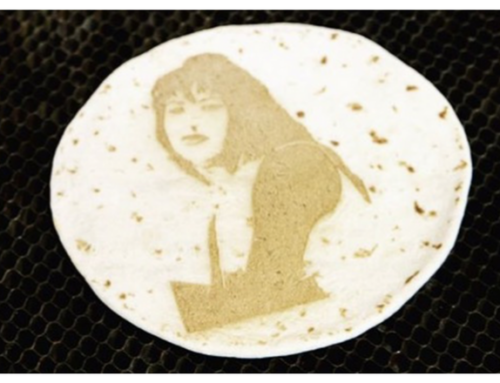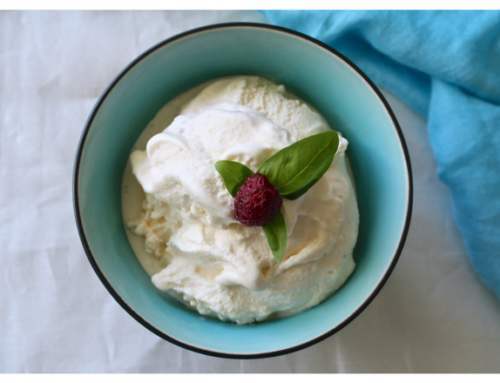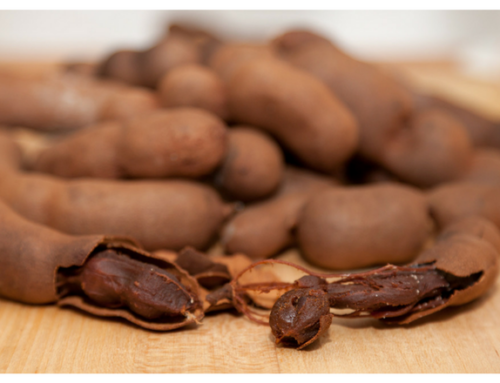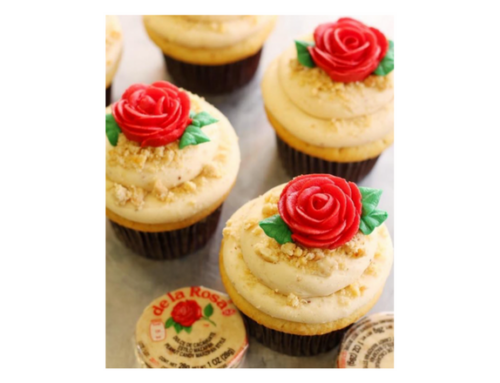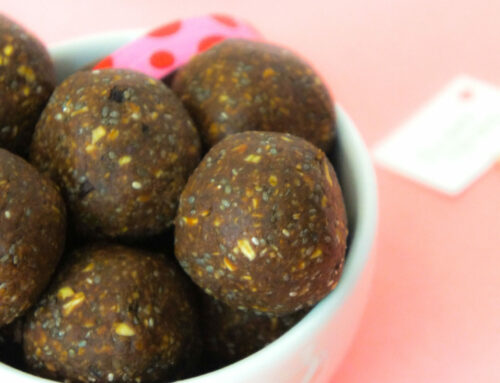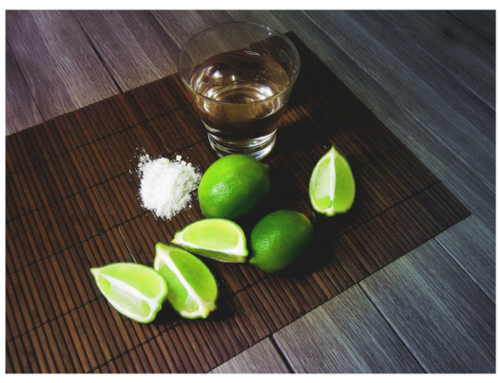There is nothing more frustrating that bypassing the convenience of preserved goods and spending extra money on fresh produce just to have it go bad before the week is up. Knowing how to store your fresh fruits and vegetables is half the battle. Eating fresh, locally grown produce is expensive and storage can be tricky, but with a few tips and tricks you can keep things from going sour. Here are our tips for how to store fruits and veggies.
General Rules
Gotta Keep ’em Separated: Fruits and veggies emit an odorless gas, called ethylene, as they age and in so doing expedite decomposition rates in surrounding produce. In other words, the “one bad apple ruins the bunch” refrain is actually spot on.
But apples aren’t the only high ethylene producers: avocados, nectarines, apples, bananas, and tomatoes all cause other plants to mature quicker. Because fruits generally have higher ethylene emissions, it’s best to keep fruits and veggies separate from each other. Note however, that you can also use this to your advantage: if pressed for time, store under ripe fruits with any high ethylene producers for speedier maturation.
Cleaning out your fridge: That darn ethylene gas will get you every time! If you see something starting to spoil, discard (or better yet, compost) immediately.
Cool Countertops: Certain fruits (bananas, tomatoes, melons, avocados, pears, and apples, for example) continue to mature after they are picked and root vegetables are generally low-maintenance, meaning that you can leave both of these groups out if you’re low on fridge space.
However, when leaving fruits and vegetables on the counter, be sure keep them away from stoves and other appliances; natural gas and warmth will also shorten produces’ life span! That means no avocados on top of the fridge, next to the toaster, by the microwave, or in the oven.
Avoid Moisture: Some people say you should always wash vegetables prior to storing them, others swear this makes produce spoil faster. Technically, everyone is right: too much moisture and humidity makes fruit and veggies go south faster, so if you do decide to clean your produce right when you get home, be sure to dry them thoroughly.
Click on for specific tips and tricks for storing your produce… [pagebreak]
Particularly Persnickety Produce
Root Vegetables: Seemingly straightforward, potatoes, beets, carrots, radishes and the like can be stored in the refrigerator or outside; simply avoid temperature extremes and excessive moisture. But remember: don’t store potatoes with onions as this will cause potatoes to spoil. Do however, store potatoes with apples (unrefrigerated) to keep them from sprouting. Counterintuitive, but trust us on this one.
Leafy Greens: Wash prior to storage, but dry thoroughly! Wrap in damp paper towel and store in open bags in the coldest part of your fridge to keep excess moisture from clinging to leaves. Also remember to keep away from tomatoes for longest possible shelf life.
Herbs: Though fresh herbs aren’t known for their amazing shelf life you can get the most out of them by first categorizing them and storing accordingly. Hard herbs, or herbs with sturdy stems (like rosemary, oregano, marjoram, sage, lavender and thyme) should be wrapped in damp paper towel and wrapped loosely in plastic or stored in a container.
Soft herbs (basil, parsley, cilantro, and tarragon) should be treated like a bouquet of flowers; trim the stems, and place in a glass with about an inch of water. Then cover tops loosely with a plastic bag and (with the exception of basil) store in the refrigerator. However, once the weather outside gets frightful, freezing or drying herbs is your best bet.
Berries: Like herbs, berries must be treated with care, partially because bruising is all too easy, but mostly because they are shockingly expensive. As soon as you get home, rinse them gently with water and lay them out on a paper towel to dry completely as added moisture will speed the aging process.
Though it’s best to store berries in a single layer in your refrigerator, we don’t all have the luxury of ample kitchen space, so just store berries in a short pile in a bowl, far away from high ethylene producers and consume soon after buying.
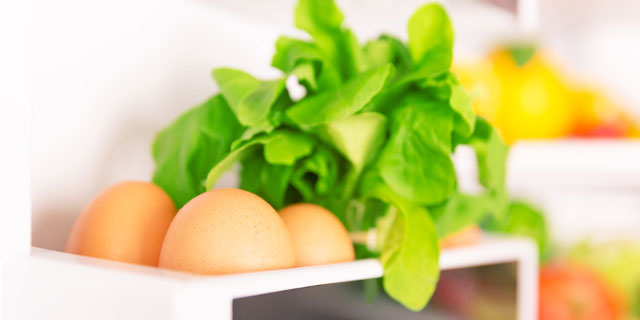
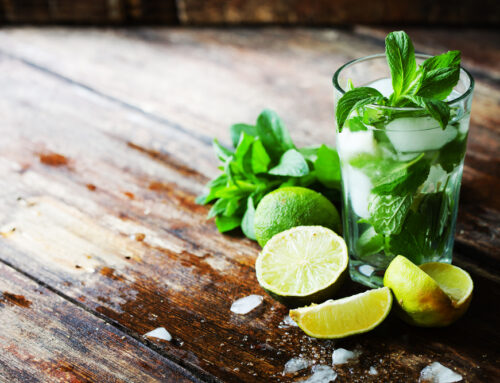
![Making Mealtime Matter with La Familia: Easy Sofrito [Video]](https://thelatinkitchen.com/wp-content/uploads/2015/10/sofrito-shutterstock__0-500x383.jpg)
![Easy Latin Smoothies: Goji Berry Smoothie [Video]](https://thelatinkitchen.com/wp-content/uploads/2015/12/goji_berry-shutterstock_-500x383.jpg)
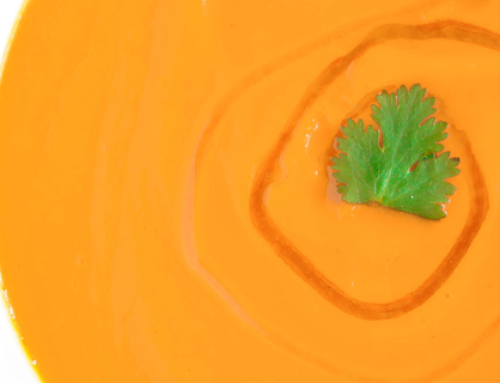
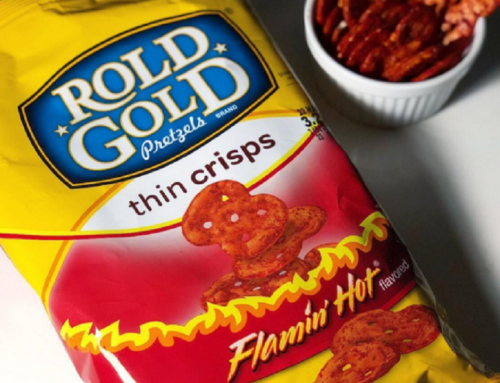
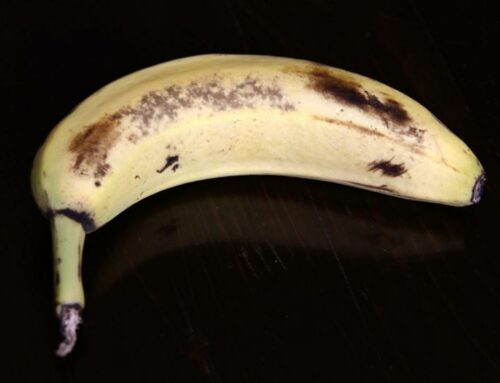



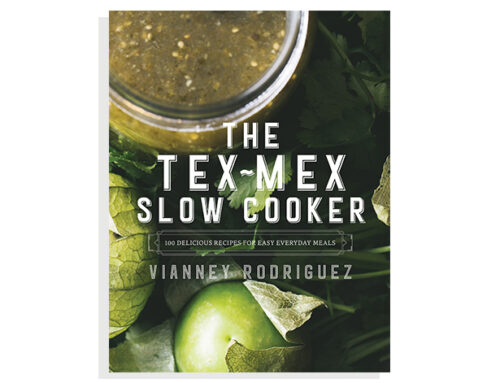
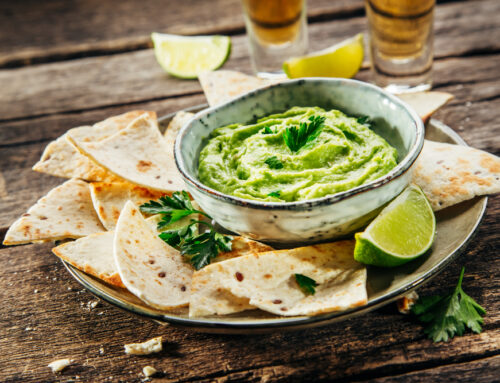



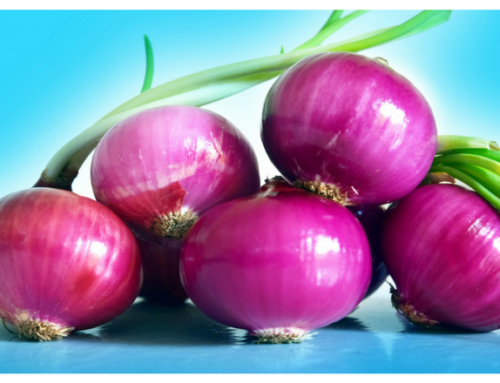

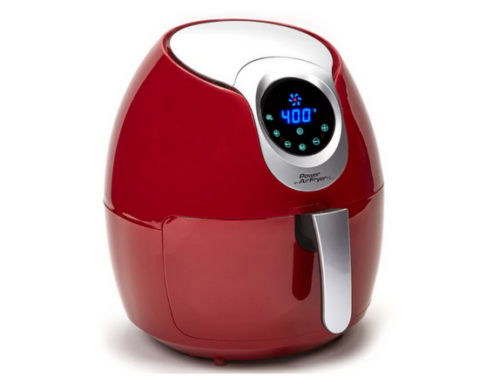


![Fun and Fast Recipes: Fiesta Cabbage Salad [Video]](https://thelatinkitchen.com/wp-content/uploads/2015/11/fiesta_cabbage_slaw-shutterstock_-500x383.jpg)
